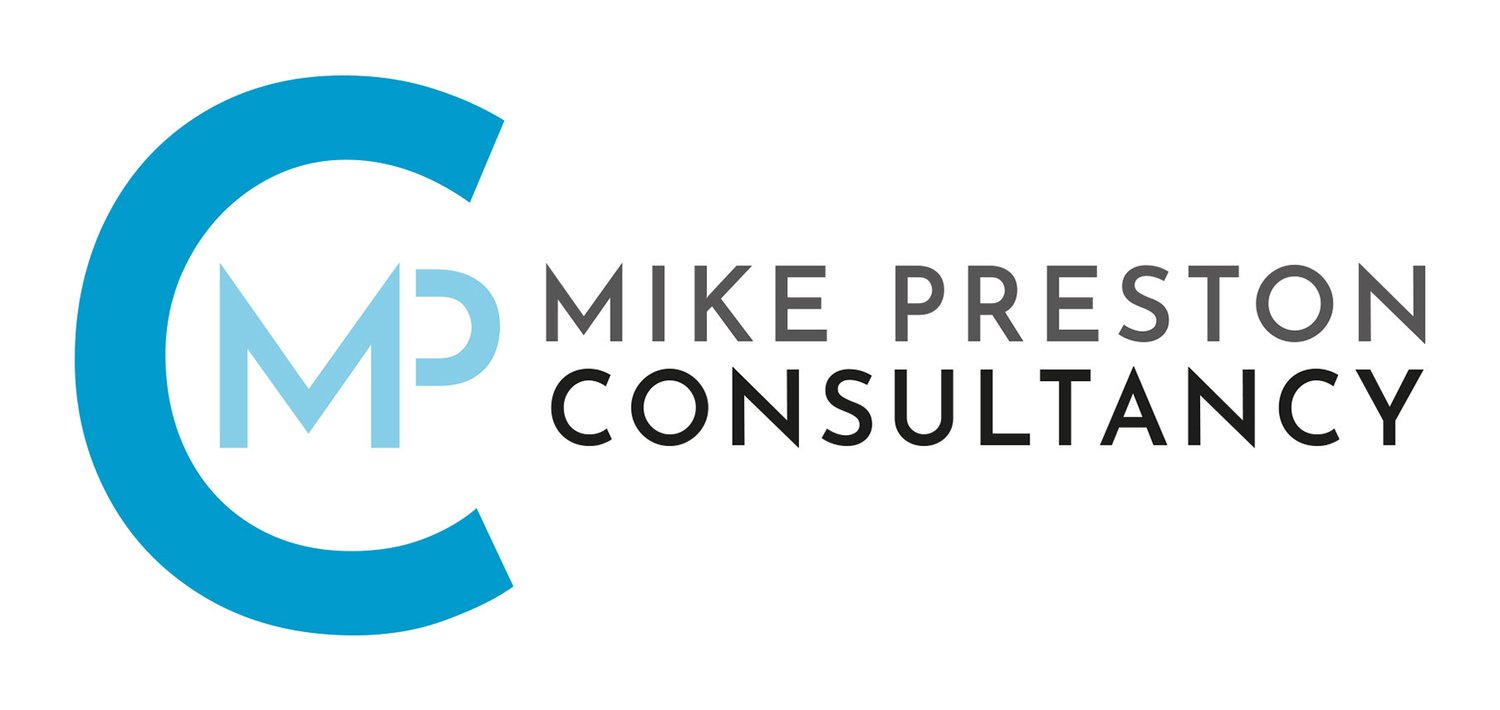Leveraging Technology for Operational Excellence: A Trustee's Guide to Supercharging Charity Success
As trustees, our primary responsibility is to steer our charities towards achieving their mission with maximum impact and financial sustainability. In today's rapidly evolving world, technology, and particularly Artificial Intelligence (AI), are no longer optional extras but crucial drivers of operational excellence and, ultimately, greater charitable success.
The landscape for charities is increasingly complex, with rising demands, limited resources, and the need for ever-greater transparency and efficiency. This is where technology steps in, offering powerful tools to streamline operations, amplify reach, and deepen impact.
Why Operational Excellence Matters for Charities
Operational excellence isn't just about cutting costs; it's about doing more with less, optimising every aspect of your charity's work to deliver greater value to beneficiaries and donors. For charities, this translates to:
Increased Impact: By freeing up staff from repetitive tasks, they can focus on core mission delivery and strategic initiatives.
Enhanced Fundraising: Smarter outreach and personalised donor engagement lead to stronger relationships and increased contributions.
Improved Service Delivery: Understanding community needs better and optimising resource allocation means more effective programs.
Greater Transparency and Accountability: Robust data management and reporting build trust with stakeholders.
Better Decision-Making: Data-driven insights empower informed choices about resource allocation and program effectiveness.
The Transformative Power of Technology and AI
So, how can technology and AI specifically contribute to this operational excellence?
1. Streamlining Administrative Processes: The Power of Automation
Many charitable organisations are still burdened by manual administrative tasks. This is where AI shines.
Donor Management: AI-powered CRM systems can automate data entry, update donor records, and segment donors based on giving patterns and preferences. This allows for highly personalised communication and targeted fundraising campaigns.
Financial Reporting: Automated reporting tools can generate real-time dashboards, track fundraising performance, and assist with budgeting, providing clear insights into financial health.
Volunteer Management: AI can efficiently match volunteers with suitable opportunities based on their skills, availability, and preferences, improving engagement and retention.
Grant Applications: AI tools can help identify relevant funding opportunities and even auto-fill portions of application forms, significantly reducing the time and effort required.
2. Amplifying Fundraising and Engagement: Smarter Outreach
AI offers unprecedented opportunities to revolutionise fundraising efforts.
Predictive Analytics: AI can analyse historical data to predict donation trends, identify prospective major donors, and forecast the success of different fundraising campaigns.
Personalised Communication: From tailored email campaigns to dynamically adapting website content, AI ensures that each donor receives relevant and timely information, fostering stronger relationships.
Chatbots: AI-driven chatbots can provide 24/7 support for donors, answering frequently asked questions, processing donations, and guiding them through the giving process, freeing up staff for more complex inquiries.
3. Enhancing Service Delivery: Data-Driven Impact
For charities focused on direct service, AI can significantly improve effectiveness.
Needs Assessment: AI can analyse vast amounts of data, including social media trends and demographic information, to identify emerging community needs and areas requiring urgent assistance, enabling proactive intervention.
Optimised Resource Allocation: By understanding where resources are most needed and how programs are performing, AI can help allocate funds and personnel more efficiently.
Impact Measurement: Automated tools can collect and analyse data on program outcomes, providing clear and comprehensive reports that demonstrate the effectiveness of charitable initiatives to funders and beneficiaries.
Accessibility: AI technologies like natural language processing and computer vision can develop applications that convert text to speech, provide image descriptions, or translate sign language, making services more inclusive.
A Trustee's Roadmap for Embracing Technology
As trustees, we don't need to be tech experts, but we do need to understand the strategic potential and guide our organisations in their digital transformation journey.
Lead from the Top: Champion digital adoption and ensure technology is a standing item on board agendas. Trustees should strive for a foundational understanding of key digital trends and their implications for the charity.
Assess Readiness and Identify Pain Points: Conduct an honest assessment of your charity's current technology infrastructure, digital skills, and areas where inefficiency is most pronounced. Where are the "low-hanging fruit" for quick wins with technology?
Prioritise Strategic Investments: Not all technology is created equal. Focus on solutions that directly align with your charity's mission and offer the greatest potential for impact and operational improvement. Start small with pilot projects to demonstrate value and build confidence.
Foster a Culture of Curiosity and Learning: Encourage staff and volunteers to explore new tools and embrace a mindset of continuous learning. Provide training and resources to bridge skill gaps.
Address Ethical Considerations and Risks: Technology, especially AI, comes with risks. As trustees, we must ensure our charities develop clear policies around data privacy, security, and the ethical use of AI to maintain trust with beneficiaries and donors. This includes addressing potential biases in AI systems.
Seek Expert Advice: Don't hesitate to consult with IT professionals, digital strategists, or organisations specialising in charity tech solutions. Partnerships with tech companies can provide invaluable expertise and resources.
Embrace Iteration and Adaptability: The digital landscape is constantly changing. Be prepared to test, learn, and adapt your technology strategy as new opportunities and challenges emerge.
The Future is Digital
The charities that will thrive in the coming years are those that embrace the transformative power of technology and AI. As trustees, we have a vital role to play in guiding our organisations to leverage these innovations, not just to survive, but to truly excel in delivering on our charitable missions. By doing so, we can ensure our organisations are more efficient, more impactful, and ultimately, more successful in making a real difference in the world.
Ready to unlock your charity's digital potential?
For further insights and practical resources to help your charity navigate the digital landscape, explore the comprehensive digital strategy resources available from Mike Preston Consultancy. Visit their hub for digital success today:
https://www.mikepreston-consultancy.co.uk/resources-hub/p/digitalstratergy


